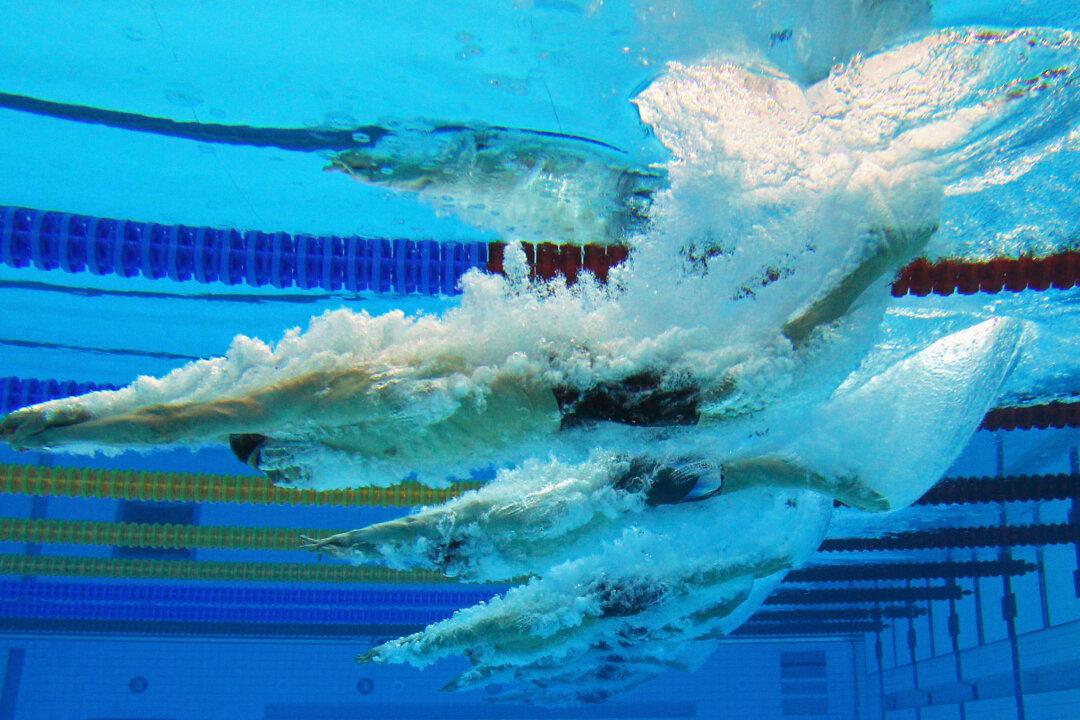A new “open” category will be added from September to cater for swimmers who identify as “transgender” or “non-binary,” Swim England said on Monday.
It comes after UK Athletics confirmed it will apply World Athletics’ rules on exclusion of transgender women from elite female competitions.





